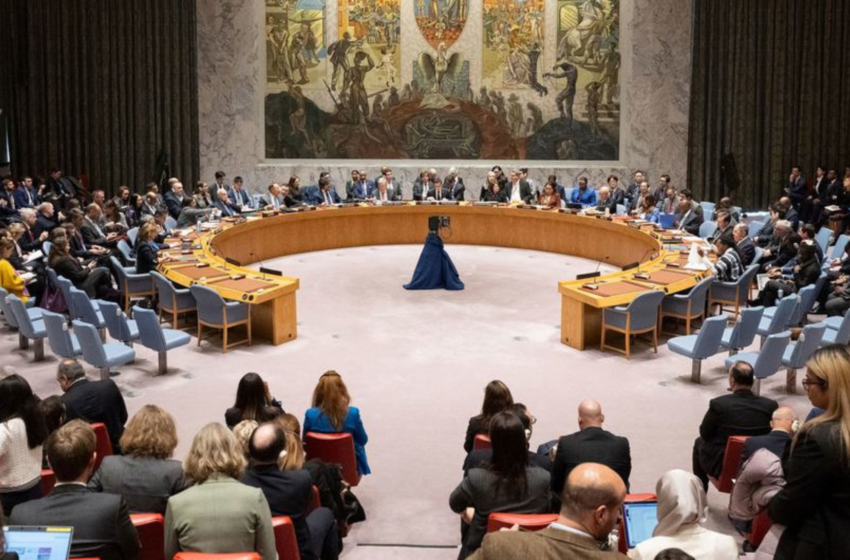
Pakistan, Somalia, Panama, Denmark, Greece won this year and join UN Security Council
The United Nation General Assembly held the election and picked 5 countries to join the Security Council. It includes Denmark, Greece, Pakistan, Panama, and Somalia. These countries will serve as non-permanent members for the coming 2 years. And they start their duties on January 1st of the next year.
The above-mentioned 5 countries will take over the position of Ecuador, Japan, Malta, Mozambique, and Switzerland. On December 31, the terms of these countries will end.
In a secret vote, the elected countries got the needed two-thirds of the votes from the Member States present and voting in the 193-member General Assembly.
At the start of the next year the elected 5 countries will join the United Nation Security Council as non-permanent members. These 5 countries, Denmark, Greece, Pakistan, Panama, and Somalia will work with the current non-permanent members such as Algeria, Guyana, South Korea, Sierra Leone, and Slovenia, whose terms began this January.
There are a total 15 members in the Security Council. In these 15 members, 5 are the permanent ones. It includes: China, France, Russia, the UK, and the US. These 5 countries have veto power. With this power they have the right to block any decision at any time. Furthermore, the UN Security Council is responsible for managing worldwide conflicts and bringing peace. And all UN member countries must follow its decisions.
Regional Groups
The UN Security Council has 15 members. In these 15 members, 5 are permanent and 10 are non-permanent. These 10 non-permanent seats are divided into four regional groups to ensure fair representation. The groups are: Africa and Asia, Eastern Europe, Latin America and the Caribbean, and Western Europe and other States.
Every year the voting process has been done in order to fill five of these non-permanent seats for two-year terms. This year these 5 seats are distributed to the following countries. Two seats for Africa and Asia-Pacific (one seat for Africa and one for Asia-Pacific), one seat for Latin America and the Caribbean, and two seats for Western Europe and other States.
Countries from these regions campaigned for the available seats. Furthermore, Denmark, Greece, Pakistan, Panama, and Somalia are the countries whose candidates won. These countries had the support of their regional groups and faced little to no competition for the seats.
This election process is held every year to make sure that the UN gives a chance to every country to join the designation of Security Council. People participate from different parts of the country such that everyone has a chance to raise their voice in important global security issues. This year the elected members will begin their two-year terms on January 1st of next year.
Vote Tally
In order to select the non-permanent member of the United Nation Security Council, 190 countries use the power of vote.
The election process only required one round of voting. Pakistan got 182 votes in Africa and Asia Pacific. At the same time, Somalia got 179 votes, with five countries not voting. Furthermore, in Latin America and the Caribbean, Panama got 183 votes and Argentina got one vote, with six countries not voting.
During the election for non-permanent members of the UN Security Council, in the group representing Western European and other States, Denmark received the highest number of votes with 184, followed closely by Greece with 182 votes.
Italy and Norway each received one vote. Two countries abstained from voting in this group. These results determined which countries would serve on the Security Council for a two-year term starting from January 1st next year.


